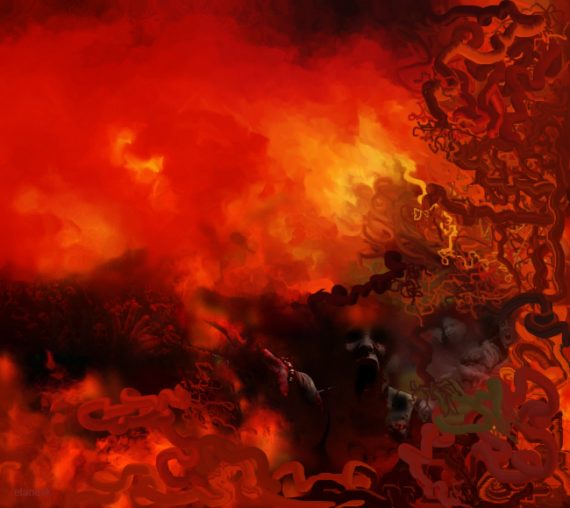(#AmazonAdLink)  I had the privilege of interviewing Dan Kent this week about his book, (#AmazonAdLink) Confident Humility.
I had the privilege of interviewing Dan Kent this week about his book, (#AmazonAdLink) Confident Humility.
I’ll be honest. When I first heard that he had written a book about humility, I thought “Booooring … we all know everything there is to know about humility.”
But then I read the book.
Mind. Blown.
It turns out I have been thinking and teaching about humility entirely wrong. Dan Kent’s book opened my eyes to what truly humility is, how humility works, and how to attain humility in my life.
If you want to understand what the Bible teaches about humility and how to become humble and live humbly in your life, listen to my interview with Dan Kent, and then go (#AmazonAdLink) buy a copy of his book on Amazon.
Let your view of humility get turned upside down!
Podcast Links:
- (#AmazonAdLink) Confident Humility, by Dan Kent
- Apologies and Explanations podcast with Greg Boyd
- Totally Composed podcast, by Dan Kent
- Dan Kent on Twitter
- Dan Kent on Facebook



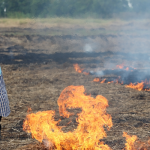

 Rather than being fit for planting, the field of their life is only full of thorns and briars, which are the cares, riches, and pleasures of this world, so that any seed which is planted would get choked rather than produce a harvest (cf. Luke 8:4-15).
Rather than being fit for planting, the field of their life is only full of thorns and briars, which are the cares, riches, and pleasures of this world, so that any seed which is planted would get choked rather than produce a harvest (cf. Luke 8:4-15).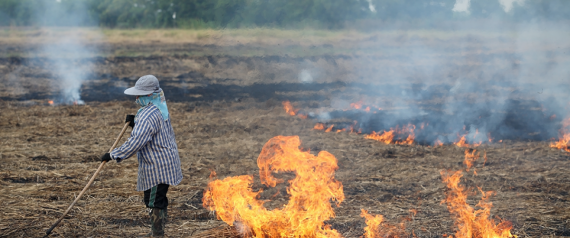
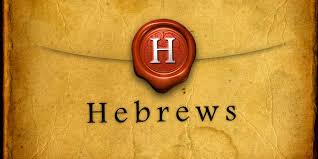
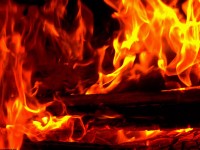 The word indignation (Gk., zēlos) could also be translated as “zeal” or “jealousy” (cf. Rom 13:13; 1 Cor 3:3). The word itself usually refers to a sinful attitude (2 Cor 12:20; Gal 5:20; Jas 3:14, 16), though there is a form of godly jealousy (2 Cor 7:11; 11:2).
The word indignation (Gk., zēlos) could also be translated as “zeal” or “jealousy” (cf. Rom 13:13; 1 Cor 3:3). The word itself usually refers to a sinful attitude (2 Cor 12:20; Gal 5:20; Jas 3:14, 16), though there is a form of godly jealousy (2 Cor 7:11; 11:2).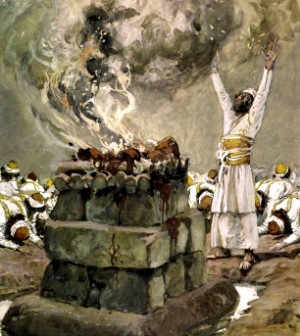 The sacrificial system was based on fear, accusation, blame, and scapegoating, and Jesus came to set us free from all such things. But if one rejects the revelation in Jesus, then the only other option is to return to that broken and sinful system.
The sacrificial system was based on fear, accusation, blame, and scapegoating, and Jesus came to set us free from all such things. But if one rejects the revelation in Jesus, then the only other option is to return to that broken and sinful system. In other Greek literature, it most often refers to helping someone who has been wronged by assisting them against those who committed the wrong. It is giving the offender what he deserves by doing to him what he did to others.
In other Greek literature, it most often refers to helping someone who has been wronged by assisting them against those who committed the wrong. It is giving the offender what he deserves by doing to him what he did to others.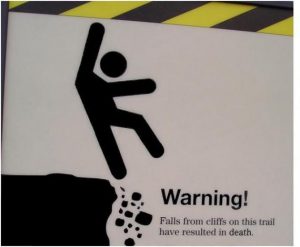 It is teaching that those who abandon Jesus after believing in Him and receiving the knowledge of the truth that He reveals will experience many negative and harmful consequences in their life.
It is teaching that those who abandon Jesus after believing in Him and receiving the knowledge of the truth that He reveals will experience many negative and harmful consequences in their life.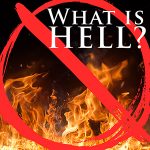
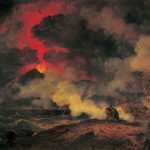
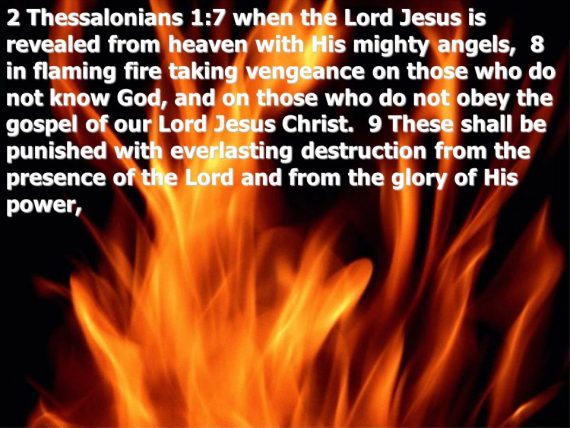 When considered by itself out of context, 2 Thessalonians 1:8-9 seems to conclusively state that God punishes and destroys people forever with flaming fire.
When considered by itself out of context, 2 Thessalonians 1:8-9 seems to conclusively state that God punishes and destroys people forever with flaming fire.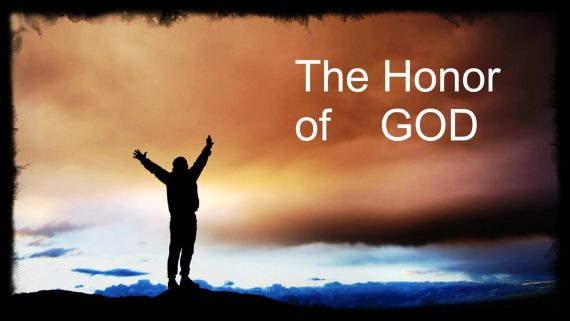
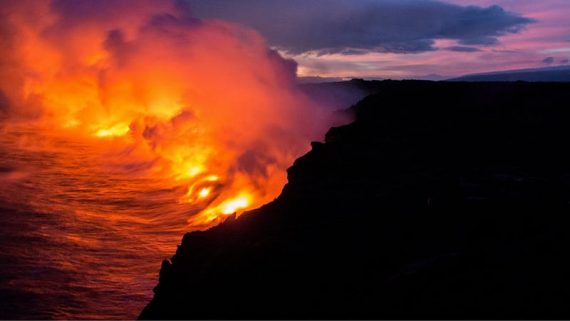 The word “punishment” is not a good translation of what Paul wrote. A better translation would be “pay the penalty” (Gk., dikēn tisousin). God does not punish people for their sin, but sin bears its own punishment with it. And this punishment of sin can come in the form of a penalty that must be paid or exacted.
The word “punishment” is not a good translation of what Paul wrote. A better translation would be “pay the penalty” (Gk., dikēn tisousin). God does not punish people for their sin, but sin bears its own punishment with it. And this punishment of sin can come in the form of a penalty that must be paid or exacted.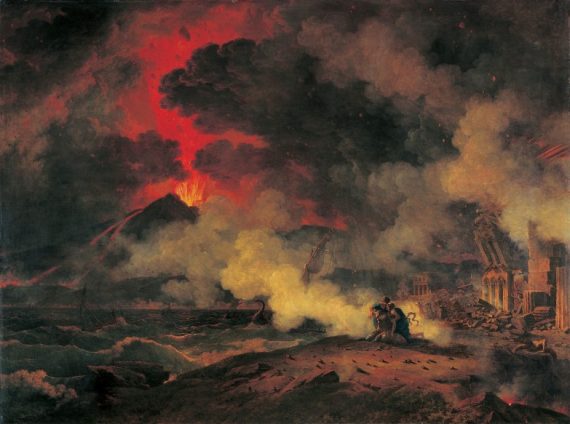 It can even come upon believers at the Judgment Seat of Christ when they see everything they have worked for and sought after get burned up as wood, hay, and stubble (1 Cor 3:12-15; cf. “the Day” of 2 Thessalonians 1:10).
It can even come upon believers at the Judgment Seat of Christ when they see everything they have worked for and sought after get burned up as wood, hay, and stubble (1 Cor 3:12-15; cf. “the Day” of 2 Thessalonians 1:10).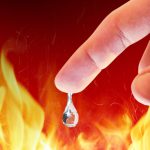
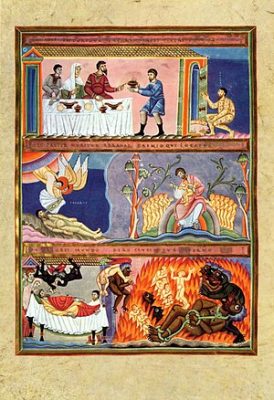 Luke 16:19-31 contains the portrayal of a man being tormented in flames, who cries out for just a drop of water to cool his burning tongue (cf. Luke 16:23-24). When most people think of hell, this is the sort of image they have in mind.
Luke 16:19-31 contains the portrayal of a man being tormented in flames, who cries out for just a drop of water to cool his burning tongue (cf. Luke 16:23-24). When most people think of hell, this is the sort of image they have in mind.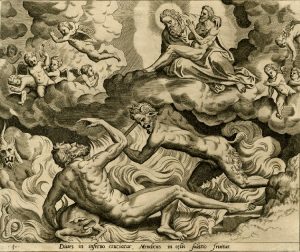 The fact that Jesus refers to it in this story should not be read as an endorsement of the idea, but as a way of using a common image from that culture to make a theological point.
The fact that Jesus refers to it in this story should not be read as an endorsement of the idea, but as a way of using a common image from that culture to make a theological point. 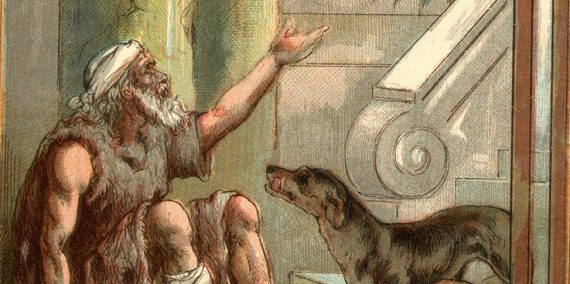


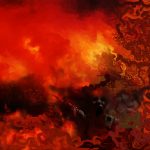
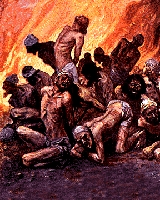 The first reason is that the images of worms and the fire cannot both be taken literally. Indeed, those who see the reference to fire in Mark 9:42-48 as a reference to literal flames in hell do not typically understand the reference to worms in a literal way. Instead, they interpret the worms metaphorically, as a symbol of intense remorse or regret.
The first reason is that the images of worms and the fire cannot both be taken literally. Indeed, those who see the reference to fire in Mark 9:42-48 as a reference to literal flames in hell do not typically understand the reference to worms in a literal way. Instead, they interpret the worms metaphorically, as a symbol of intense remorse or regret.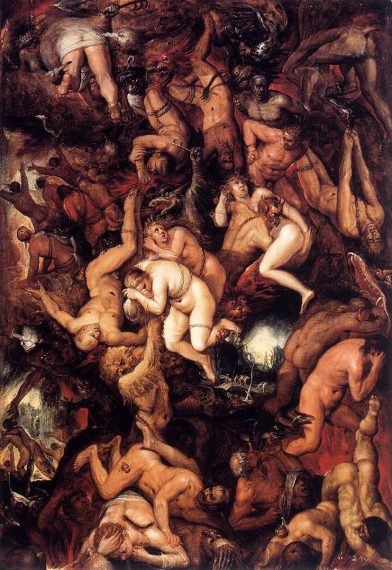 Part of this everlasting worship of God includes the ability to “go forth, and look upon the corpses of the men” who transgressed against God, “for their worm does not die, and their fire is not quenched” (Isa 66:24).
Part of this everlasting worship of God includes the ability to “go forth, and look upon the corpses of the men” who transgressed against God, “for their worm does not die, and their fire is not quenched” (Isa 66:24).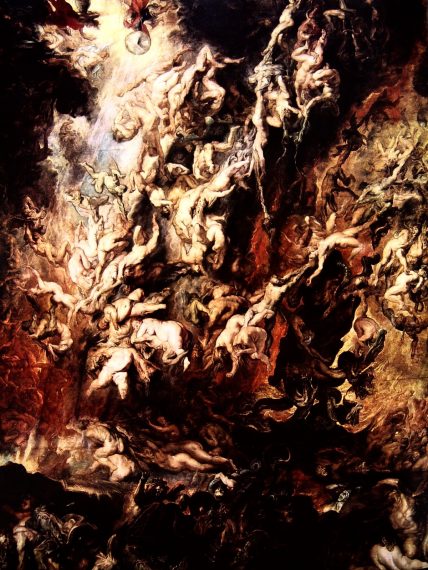 And who are these “corpses” we will look upon? There are all the people of human history, including ourselves. We will be able to view human history, and how we have all lived at various times in the kingdom of hell, which is the realm of death and darkness, the world of worm and fire.
And who are these “corpses” we will look upon? There are all the people of human history, including ourselves. We will be able to view human history, and how we have all lived at various times in the kingdom of hell, which is the realm of death and darkness, the world of worm and fire.